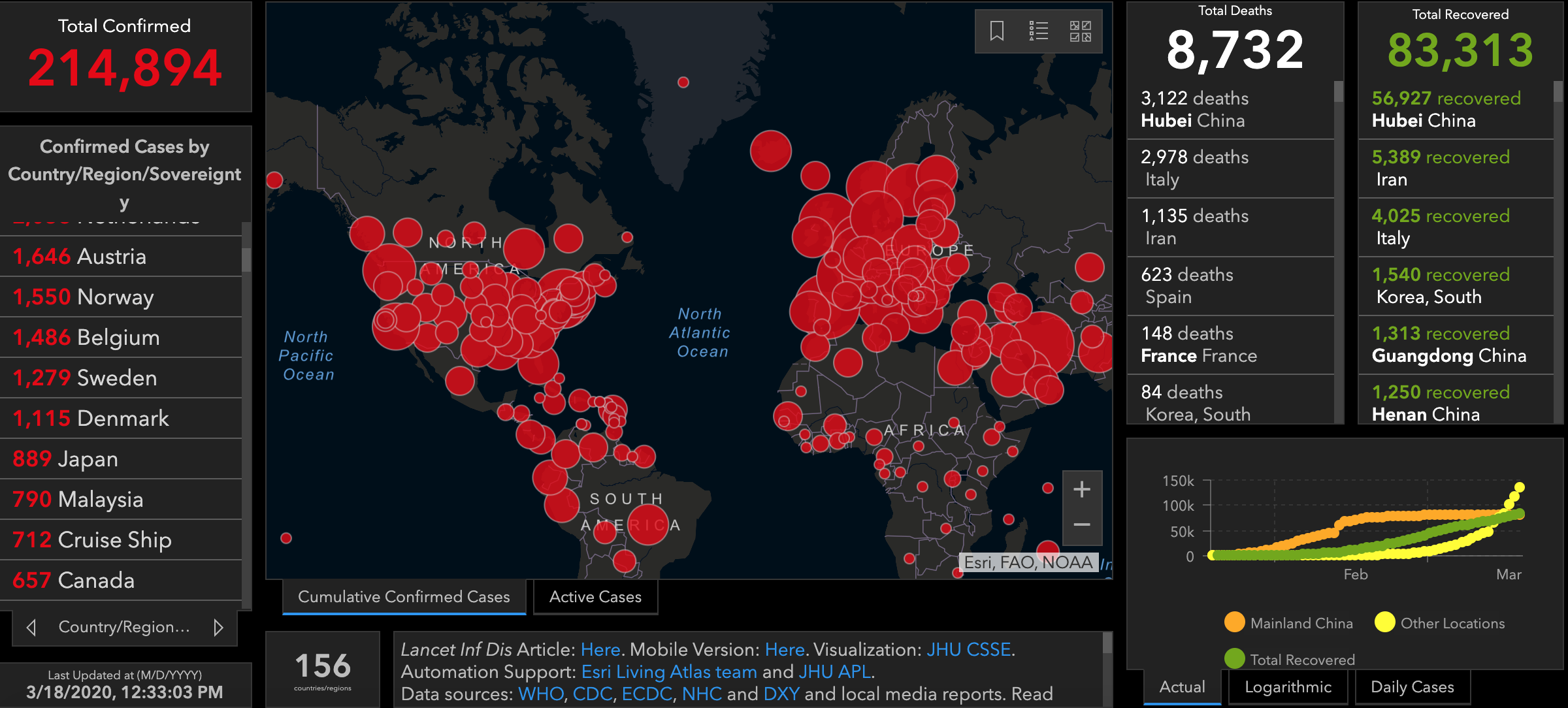
It's challenging to keep up with the rate of change in our world right now, both as individuals and as leaders. At the same time, there has never been a more critical time to be connected to your teams. And now, they are most likely remote. Here are some thoughts and a few tools that can make a difference.
My ordinary world is consulting and coaching leaders to drive optimal engagement and performance with teams and individuals. But now, I don't think the traditional emphasis on the business and sales is what is at stake. I believe companies trying to drive sales in the near term are being particularly tone-deaf to what is happening in the world. Now is the time to focus on your team.
It is fascinating how teams handle radical change. The individual team's members' ability is essential, but leadership can help catalyze the best behaviours.
Our brains have an unusual way of processing these events. A story, and what the science tells us.
I once witnessed a very high performing offshore sailing team change gears when the boat they were racing sustained significant damage. For a moment, you could see everybody still trying to figure out how to keep the boat going fast. Then they went through a lot of emotional changes in a short time period. Shock, fright, anger, back to scared and then calming down and establishing the current reality. As it now settled in on them, the new goal of minimizing personnel harm and getting home safely. But they had work through that transition.
The "Amygdala Hijack" that happens when a cataclysmic event happens takes over a lot of rational brain processes. To avoid that, we have to process, and we don't do well with skipping over that step. In fact, the human mind will dismiss new thoughts as anomalies until it gets beyond the "fight or flight" period.
So what does leadership need to do at the moment? One little idea.
Today things are changing so fast, and we are in a new world that nobody has experienced before. It is hard to take in all the information, let alone process it. It is stressful. So give people space and make them aware of their emotions. It does not take much to make a big difference.
There is a straightforward technique that some coaches use, and it is a widely used method with therapists. It takes about 10 minutes with a group.
"Checking in."
At the start of a meeting with your team, ask them how they are doing and, more importantly, what they are feeling (not just what they are thinking).
Connecting people to present state and equally crucial to their emotions (I am sad, scared, angry, happy, confused, etc.) is vital to help people process. By connecting them, they essentially micro grieve and digest challenging situations. Through neuroscience, we know that people's decision-making process is almost wholly guided by emotions. By connecting people to their emotions at the moment, it helps us process and re-group, if they don't move through this process, they can become overwhelmed and often shut down, grumpy, or want to run away (play dead, fight, or flight).
In these crazy times, it is easy to jump into a meeting and try to get stuff done as quickly as possible, in actual fact, we do have the ability to slow down a bit at the moment and think things, time to "pump the breaks" a bit. And it might feel awkward to ask these questions. The first time you do, you might not get much of a response (which means they don't fully trust the environment to be able to speak out). Giving people a bit of time to admit they are scared, calm, whatever, and have even a couple of minutes of conversation goes an incredibly long way. From a leader's point of view, it practises and shows venerability, empathy, EQ and establishes trust. The residual impact is significant, especially when it gets to innovation, but that is another post.
So try it out, slow down and have a conversation and let people talk through a few things and connect. If some emotions rise, that is all right, getting it out is good. Don't dismiss them, acknowledge them with "it is all right. We are human. These are scary times." Finish with a positive statement like "we are all doing the best we can at this time" and gently transition to your topics. Adding a statement of positivity and hope will go a long way. Also, if you feel people are getting tense in a long, difficult meeting, take a pause mid-meeting and checking in how people are doing also works well too. It won't seem like much, but with a few of these moments, it can make a big difference with a team in stressful times. People will feel more engaged, process faster and move on to what needs to happen now. The pause is worthwhile and consistently used, will help bind the team. I know a lot of people will feel it is too "airy-fairy," but it is used with high performing teams with great success.
Slowing down for a minute will pay off with significant performance and resilience outcomes.
This, of course, assumes you are taking the time to connect and meet with your direct teams. That is essential. If you have larger organizations reach out to them often. They look up to you and seek guidance and want to see how you are responding in these difficult times. This is super important with remote field teams, don't let them make up stories in there head while being in a stressed and alone state. Remember, we are 10x wired for the negative observations and assumptions in times of stress. It is biological.
Below are some other links, including the one from last week's letter that still is the best article I have seen explaining the math of this pandemic.
I hope these are of use to you.
We will get through this and there will be some good things that we will all learn along the way. I am keen on any thoughts and comments.
Sincerely,
Kevin
Information and connections:
World Health Organization Info re Covid-19
Original Article re Covid-19 still one of the best.
